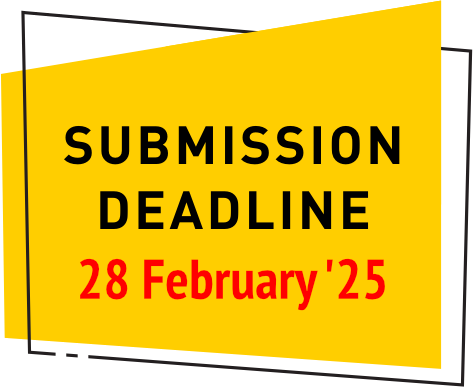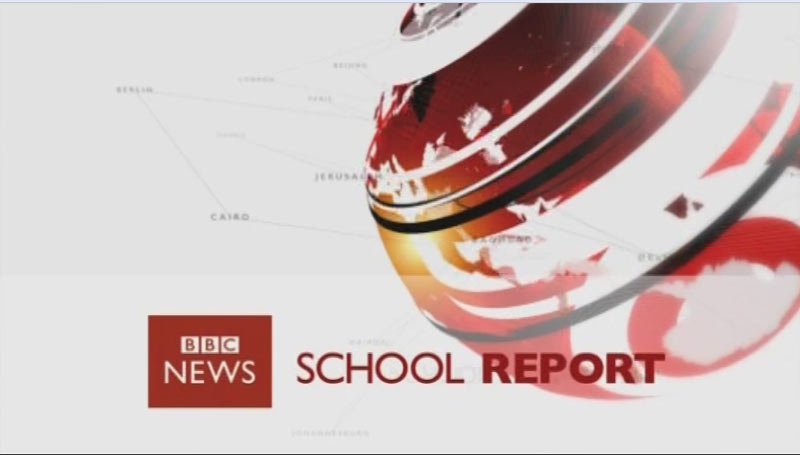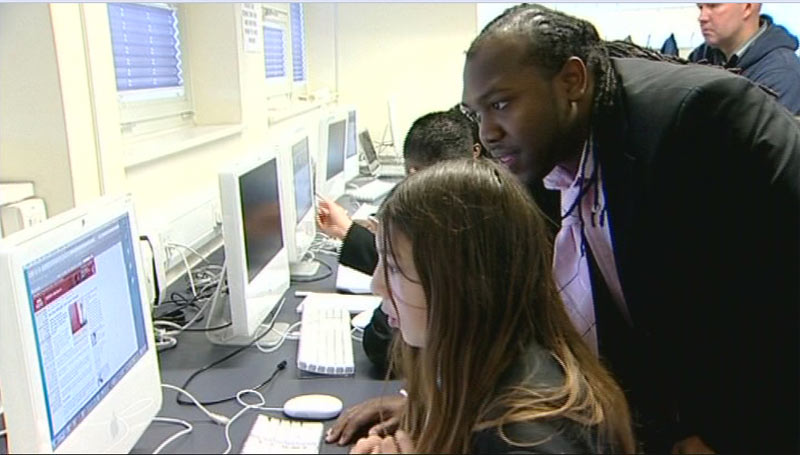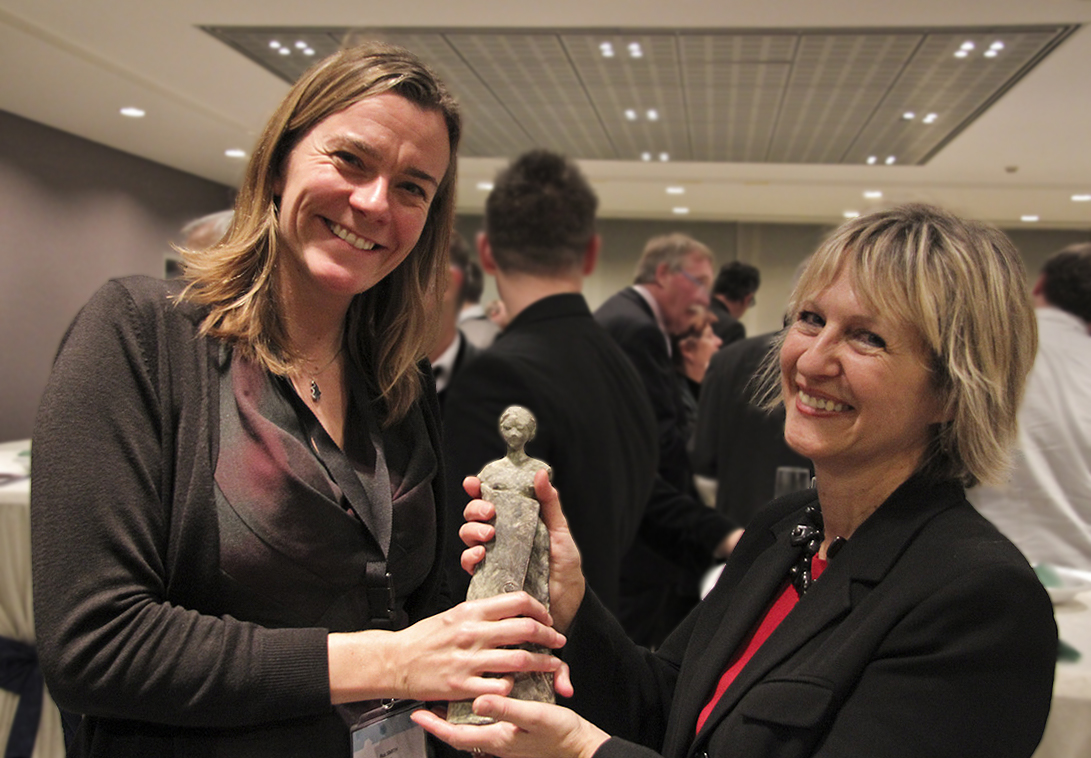BBC News School Report
MEDEA Overall Award Winner 2010 & Professional Production Award Winner 2010
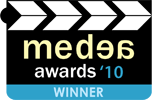
BBC News School Report, started in 2006 by BBC News, gives 11-14 year-old students in the UK the chance to make their own news reports for a real audience. Using lesson plans and materials from the BBC News School Report website, and with support from BBC staff, teachers help students develop their journalistic skills to become School Reporters.
The online materials available to teachers and learners include the Huw Edwards Lesson Plans (Huw Edwards is the BBC’s News reporter): 6 lessons, correlating to the curricula in England, Wales, Scotland and Northern Ireland, with accompanying videos for teachers to use as they wish while running the project (also in Welsh). Materials are in a variety of formats to engage pupils - film, audio and text.
The showcase video of BBC News School Report, interview with Ros Smith
The project is continuously run and in March schools take part in an annual News Day (first organised in March 2007), when all involved schools simultaneously create video, audio and text-based news reports, and publish them on their school website, to which the BBC links. On the latest News Day on 11 March 2010, 719 schools across the UK took part in making the news simultaneously.
School Report is aimed at 11-14 year olds, but the BBC also recommends that schools involve older pupils by using them to mentor the younger ones, as School Report is available to all schools and pupils in the UK, and many schools run it with an entire year group.
What the judges said of this entry:
The BBC News School Report was described by the judging panel as offering a very attractive BBC-like experience, where the learners get to know the media environment. In this project, pupils learn to make news, however teamwork and accuracy are also important aspects. This material can easily be used with clear explanations about what the students need to do and how to complete every stage, plus teachers can see some finalised project videos that can help them imagine how it all works in real classes. It is methodologically sound, supports effective learning, is well supported and contextualised, very well designed and documented, includes internal evaluation and with integrated learning assessment.
Using multimedia materials/video often creates problems with accessibility (firewalls, old computers etc.) at schools, so the jury found it a good idea that the BBC send out a DVD to all schools. The combination of introductory videos, text materials and videos of the project examples create an exemplary learning environment. The materials’ pedagogical use is diverse so that they can be used in different ways, various experiences are presented and documented. This is professionally done by the BBC, very engaging for the target group (and others as well) and inspiring. It takes some effort but the result and the impact is impressive; it must be a great experience. It's aimed at 11-14 year olds across the UK but a next step could be across EU?
About the creation of BBC News School Report
Ros Smith, producer at BBC stated: “The BBC runs School Report so that young people from across the UK have the chance to make their own news to real deadlines and broadcast it to real audiences. This is because the BBC's first public purpose under its Charter is to "sustain citizenship and civil society", in part by providing an impartial news service for all. School Report helps fulfil this in three ways: by engaging young people with news; by bringing their voices and stories to a wider audience and by sharing some of the public service values behind content creation, such as fairness, accuracy, and impartiality since so many young people are content creators and distributors.
There are also editorial issues with schools becoming broadcasters and putting their materials online which we provide advice to schools to help them with this.
As part of an independent evaluation, teachers reported a significant improvement in students' ability to write for an audience, listen to others, negotiate and meet deadlines. The perception among students was that they had not only gained specific subject skills, but had also benefited with team working, creativity and their attitude towards work and social interaction. An evaluation of School Report and Literacy has also shown that the project is useful when teaching literacy. It also works well for students with special needs and those not fully engaged in school, as well as for gifted and talented students.”
School Report was RTS Award Winner for Innovation in Education 2008.
About Ros Smith
Part of the original team that set up BBC News School Report, Ros Smith is the Deputy Editor on the project. She works closely with all the schools taking part guiding them through the project. For the BBC she has worked across BBC radio, including on Radio 4, Woman's Hour; the BBC7 show for children Big Toe and the World Service.
Ros is an ex Physics teacher and has worked with communicating science to children and teenagers.
Ros represented this entry at the MEDEA Awards Ceremony and talked about it in further detail during the closing plenary of the Media & Learning Conference 2010 Brussels.
